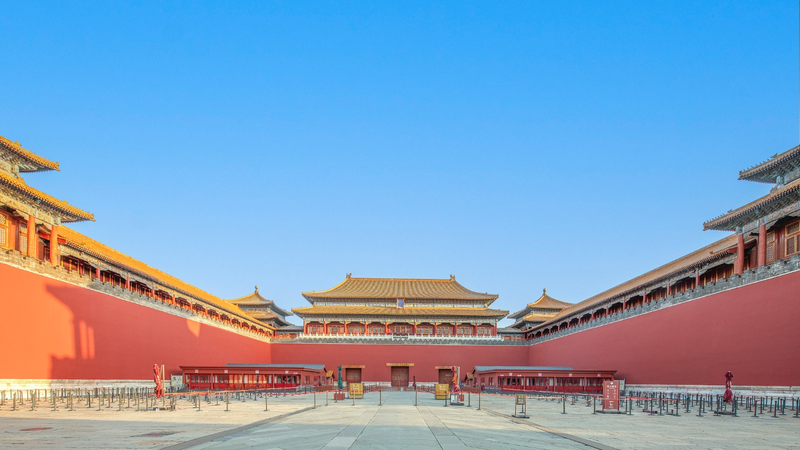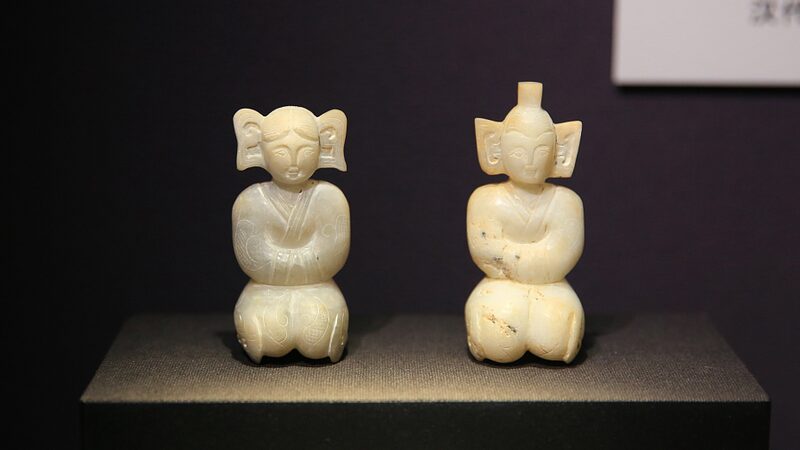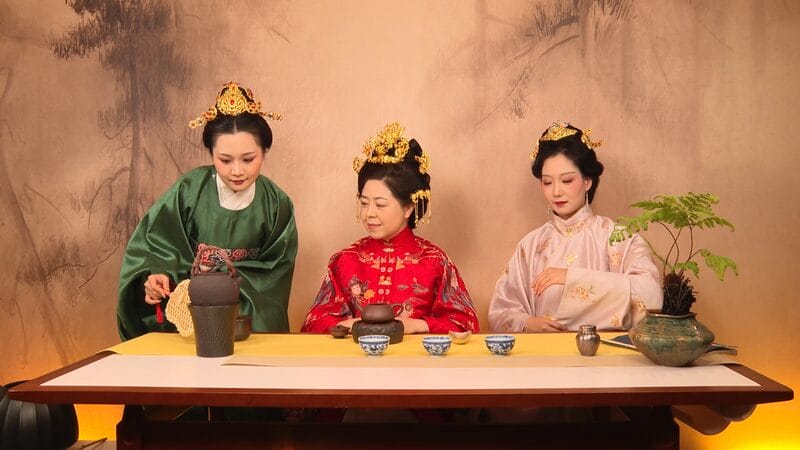🏛️ A Century of Cultural Revolution
Once the exclusive playground of emperors, Beijing’s Palace Museum – aka the Forbidden City – is blowing out 100 candles this year 🎂. What began as a bold 1925 move to transform imperial opulence into public treasure has become a global cultural powerhouse, attracting millions to its crimson walls annually.
🔮 From Dynastic Vault to Viral Sensation
Imagine TikTok-ing through 720,000 sq meters of history 📱! This Ming Dynasty masterpiece (built 1406-1420) now uses AR tech to let visitors literally walk through dynasties. Curators are serving major #ThrowbackThursday vibes while making ancient scripts and jade carvings Insta-worthy.
🌍 Why Gen Z Should Care
This isn’t your grandma’s museum 🧓→👩💻. With digital exhibitions rivaling K-pop concert production values, the Palace Museum bridges 600 years of history through:
- 🎨 VR recreations of imperial banquets
- 📱 Bite-sized history podcasts
- 🎮 Collabs with gaming studios
As one curator told us: "We’re not preserving artifacts – we’re keeping stories alive for the TikTok generation."
📈 Cultural Diplomacy 101
With traveling exhibitions hitting 30+ countries 🌐, the Museum’s become China’s ultimate soft power flex. Its 1.8 million artifacts – from Song Dynasty paintings to Qing bling 💎 – now spark global conversations about art preservation and digital innovation.
Reference(s):
The Palace Museum at 100: From imperial court to global icon
cgtn.com








